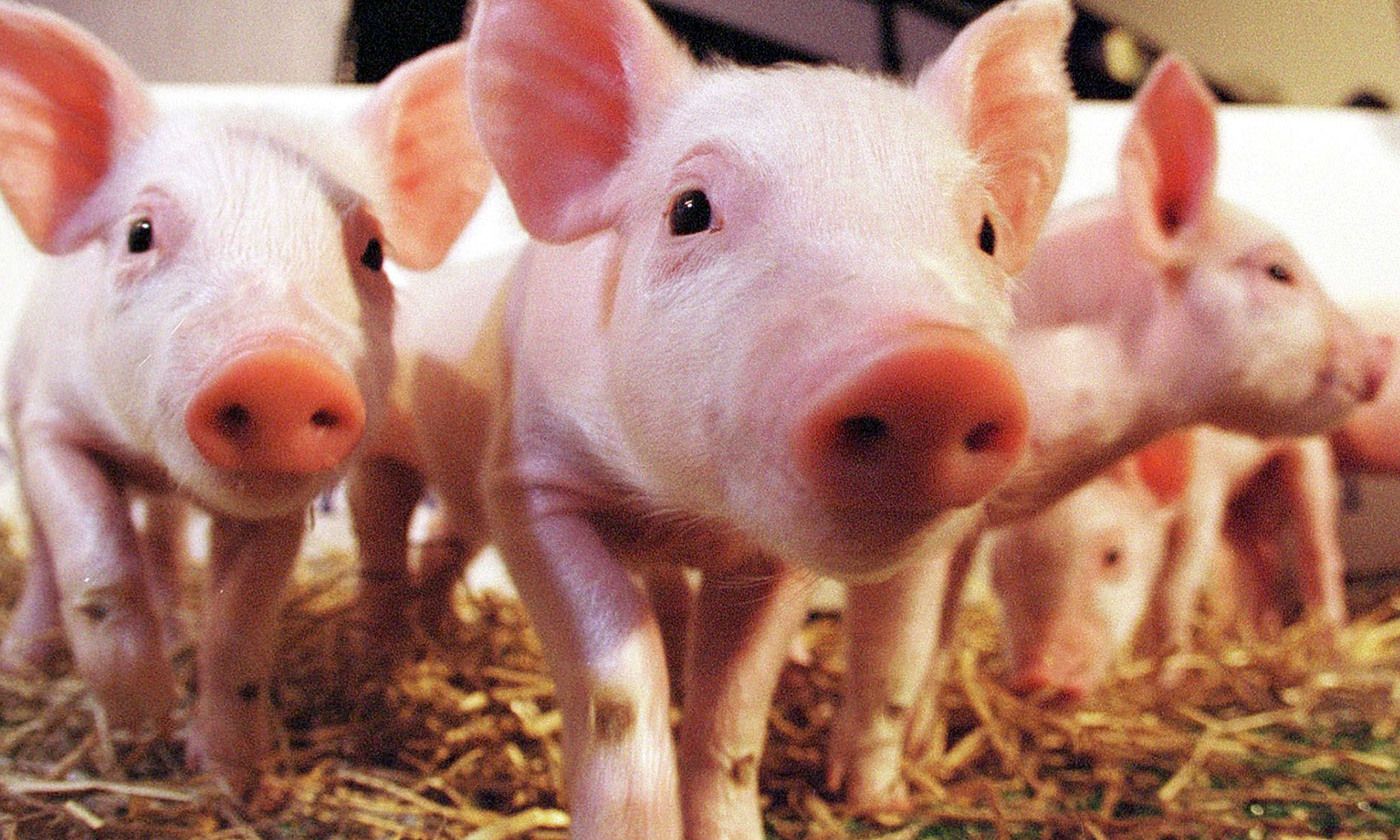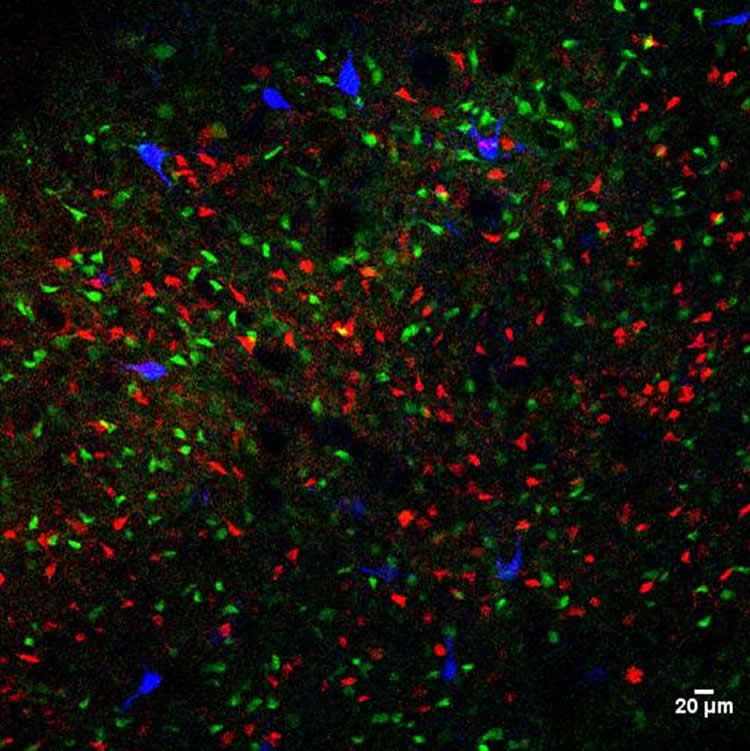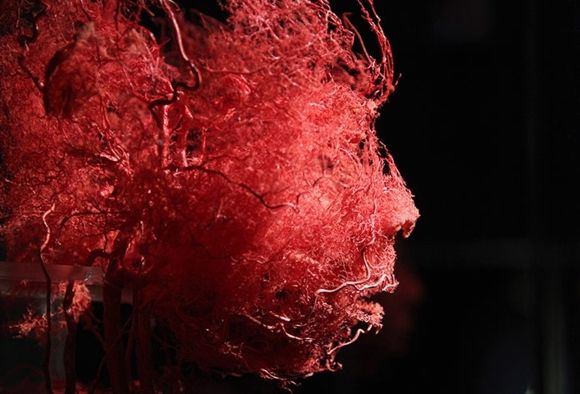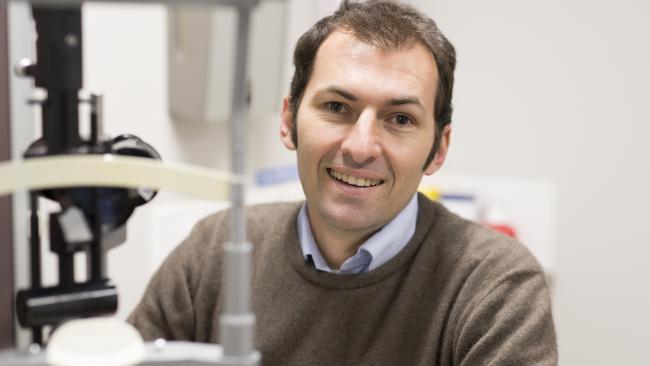
There is a well-documented organ shortage throughout the world. For example, 3,000 kidney transplants were made last year in the United Kingdom, but that still left 5,000 people on the waiting list at the end of the period. A lucrative trade in organs has grown up, and transplant tourism has become relatively common. While politicians wring their hands about sensible solutions to the shortage, including the nudge of opt-out donation, scientists using genetic manipulations have been making significant progress in growing transplantable organs inside pigs.
Scientists in the United States are creating so-called ‘human-pig chimeras’ which will be capable of growing the much-needed organs. These chimeras are animals that combine human and pig characteristics. They are like mules that will provide organs that can be transplanted into humans. A mule is the offspring of a male donkey (jack) and a female horse (mare). Horses and donkeys are different species with different numbers of chromosomes, but they can breed together.
In this case, the scientists take a skin cell from a human and from this make stem cells capable of producing any cell or tissue in the body, known as ‘induced pluripotent stem cells’. They then inject these into a pig embryo to make a human-pig chimera. In order to create the desired organ, they use gene editing, or CRISPR, to knock out the embryo’s pig’s genes that produce, for example, the pancreas. The human stem cells for the pancreas then make an almost entirely human pancreas in the resulting human-pig chimera, with just the blood vessels remaining porcine. Using this controversial technology, a human skin cell, pre-treated and injected into a genetically edited pig embryo, could grow a new liver, heart, pancreas or lung as required.
Continue reading “Should a human-pig chimera be treated as a person?” »


















